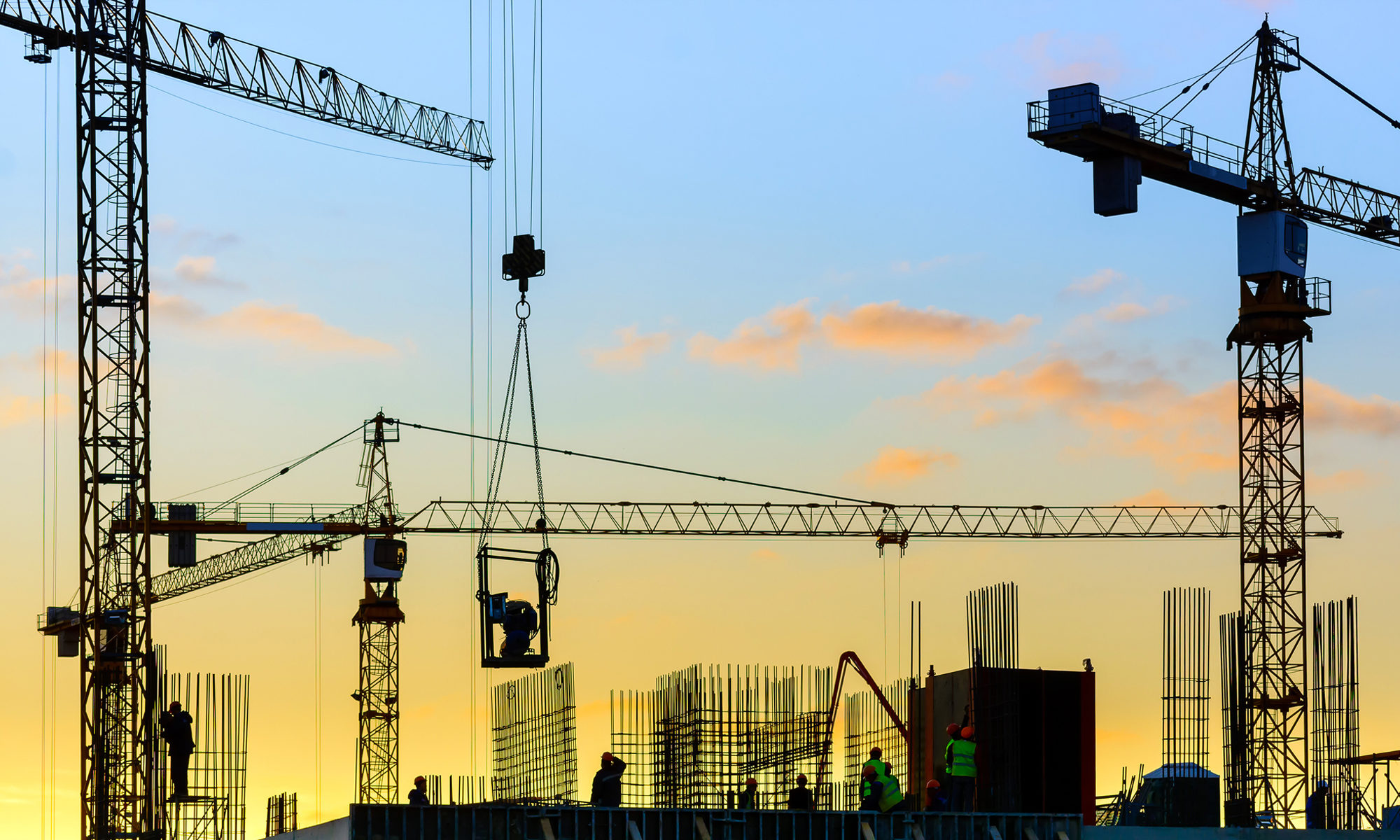In a recent decision, Injai v. Circle F 2243 Jackson (DE), LLC, the New York Appellate Division, Second Department, affirmed the denial of a plaintiff’s motion for summary judgment in a case involving alleged violations of New York’s Labor Law §§ 240(1) and 241(6). This case, centered on a construction site accident, highlights the complexities and requirements of proving liability under New York’s Labor Laws.
The plaintiff, a carpenter, was injured after falling from a ladder while working at a construction site. He claimed that the ladder wobbled or moved as he was ascending it, causing him to lose balance and fall. The plaintiff filed a lawsuit against the property owner and its contractor, alleging common-law negligence and violations of Labor Law §§ 200, 240(1), and 241(6). The defendants filed a third-party action against the subcontractor that had allegedly hired the plaintiff.
The plaintiff sought summary judgment on the issue of liability, focusing on the alleged violations of Labor Law § 240(1) and § 241(6). Labor Law § 240(1), commonly known as the “Scaffold Law,” imposes a nondelegable duty on owners and contractors to provide safety devices to protect workers from elevation-related risks. To prevail, a plaintiff needs to show that the statute was violated and that the violation was a proximate cause of his or her injuries.
The court found that the plaintiff’s evidence raised triable issues of fact. There were unresolved questions about how the accident occurred, whether the ladder was indeed unsecured, and the credibility of the plaintiff’s account, given that he was the sole witness to the accident. The court explained that when the plaintiff is the sole witness to the accident or their credibility is in question, it is improper to grant summary judgment in favor of the plaintiff under Labor Law § 240(1). Consequently, the court denied the motion for summary judgment on the Labor Law § 240(1) claim.
The court also found unresolved factual issues regarding the alleged violation of Labor Law § 241(6), which was based on a violation of 12 NYCRR 23–1.21(b)(4)(ii). This regulation pertains to safety standards for ladders used in construction, stating in part that “[a]ll ladder footings shall be firm.” The plaintiff’s inability to conclusively prove that this regulation was violated and that such a violation caused his injuries led to the denial of summary judgment on this claim as well.
This decision highlights the standards that plaintiffs must meet to obtain summary judgment in construction accident cases under New York’s Labor Laws. It emphasizes the necessity for clear, unequivocal evidence when alleging safety violations and the importance of corroborative testimony or documentation, especially in cases where the plaintiff is the sole witness to the accident. The ruling illustrates the need for thorough and credible proof in proving liability under Labor Law §§ 240(1) and 241(6).
Jose A. Aquino (@JoseAquinoEsq on X) is a special counsel in the New York office of Duane Morris LLP, where he is a member of the Construction Group and of the Cuba Business Group. Mr. Aquino focuses his practice on construction law, lien law and government procurement law. This blog is prepared and published for informational purposes only and should not be construed as legal advice. The views expressed in this blog are those of the author and do not necessarily reflect the views of the author’s law firm or its individual attorneys.

